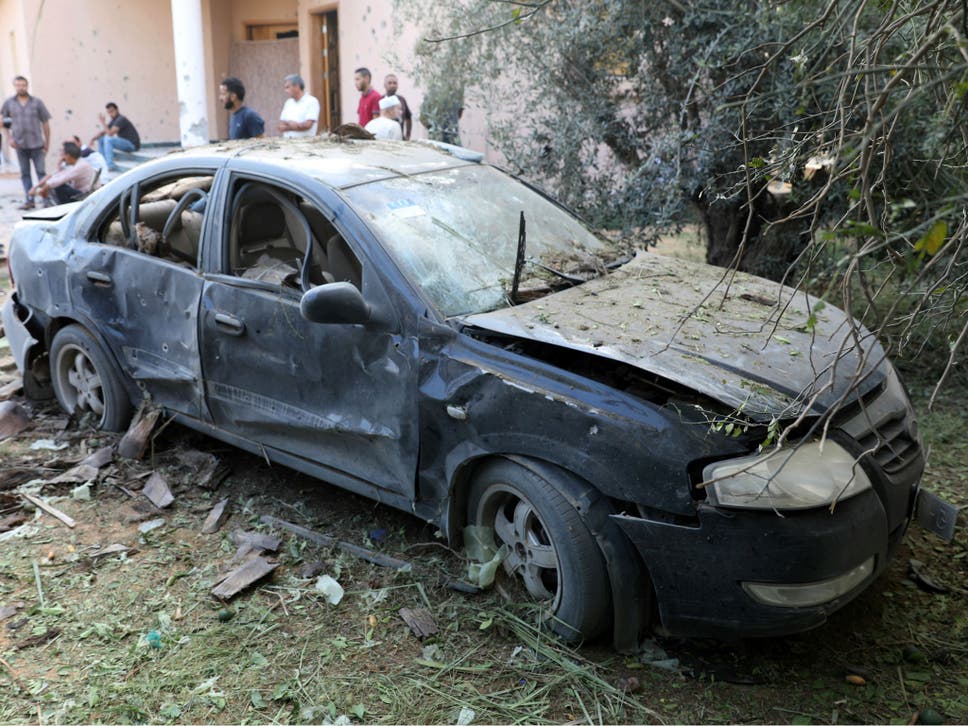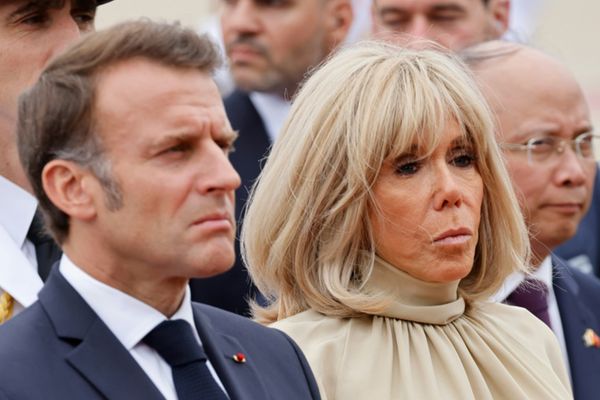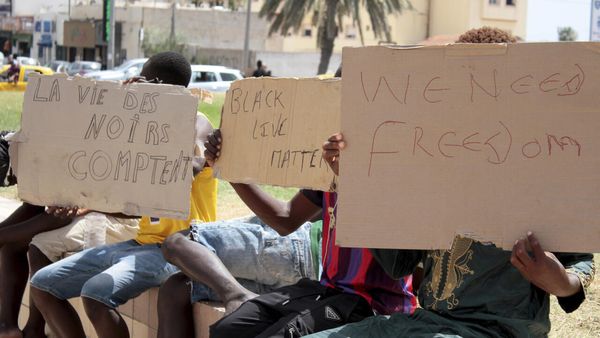
Warring factions in Libya’s capital have signed onto a shaky ceasefire aimed at ending 10 days of fighting that has left dozens dead and displaced thousands.
The deal came hours after Libya’s UN envoy, Ghassam Salame, swooped into Tripoli and summoned politicians and warlords for an emergency meeting to end fighting that had plunged the city of one million into a fresh round of misery, violence, and chaos.
“A ceasefire agreement was reached and signed today to end all hostilities, protect civilians, safeguard public and private property, and reopen Mitiga Airport,” the office of the UN envoy announced.
Rival militias in and around Tripoli already forged and promptly violated a ceasefire. They’ve been battling each with guns and rockets over turf and influence, the latest round in a long series of clashes between the remnants of the armed groups that toppled the country’s longtime dictator Muammar Gaddafi seven years ago and now fight each other for control much of the country.
Local media reported fierce fighting earlier Tuesday along the road leading out to the main airport, which was destroyed fighting between rival armed factions. Video posted to the Facebook page of 218 News showed heavy gun and mortar fire, sirens blaring, and plumes of smoke rising near oil storage tanks to the south of the capital, around the location of the shuttered US embassy compound, which American officials said was not damaged. Rockets fell near Mitiga air base, site of the makeshift civilian airport that is the main international gateway to eastern Libya. Flights in and out of Tripoli have been diverted to the city of Misurata since August 31, when a shell landed near the control tower.
Already hundreds of prisoners escaped from the capital’s Ain al-Zara prison and reports of looting of stores ands shops amid the chaotic fighting. The Associated Press cited local authorities as saying at least 50 people have died so far in the fighting. At least 1,825 families have also been displaced, local media cited Tripoli authorities as saying.
“Its very much worse than usual in terms of civilian casualties,” Claudia Gazzini, Libya specialist at the Crisis Group, a Brussels and Washington-based conflict resolution organisation. “In terms of dynamics and movement of armed groups on the ground, I would say it’s even worse than 2011 after fall of Gaddafi. At least in 2011 they had a sense of optimism and respect for one another. Now they are all trying to carve out territory but with deep distrust and animosity with each other.”
The clashes began 27 August after the 7th Brigade militia from the Tripoli satellite city of Tarhuna and allied militias from the cities of Zintan and Misurata sought to expand their turf by seizing territory in the capital’s south. The Special Deterrence Force, the powerful and officially sanctioned militia that controls much of the capital, has led the offensive against the 7th Brigade. Both armed groups nominally support the UN-backed government.
Many of the armed groups and political factions in the Tripoli have signed on with the UN-backed government of Fayez al-Serraj. But effectively, his government yields little power on a terrain dominated by various constellations of militias jostling for power.
Libya remains badly fragmented with various authorities claiming sway over the vast oil-rich north African country’s west, east and south. The latest fighting could further hamper a French plan to hold nationwide elections by year’s end in an attempt to stitch country back together. Ms Gazzini said growing awareness that elections and political change won’t happen anytime soon emboldens armed groups outside the capital to take on more entrenched militias in the capital.
“The escalation is the result of dissatisfaction at the current status quo, the realisation that state funds are being tapped into by the Tripoli-based armed groups, and the desire to change this reality on the ground,” she said. “This is what triggers the armed groups from outside Tripoli want to intervene.”







